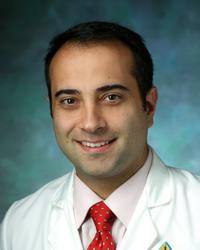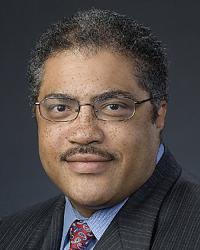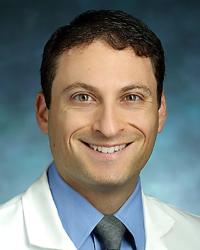-
Amin Herati, MD

Primary Location: Johns Hopkins Health Care & Surgery Center - Green Spring Station, Lutherville, Lutherville, MD
Prosthetic Urology
Prosthetics are excellent options for patients with erectile dysfunction or urinary leakage that has not responded to medical management. Such devices have been implanted for decades, and patients report extremely high satisfaction with use.
Request An Appointment Request An Appointment
Schedule by phone
Adults: 410-955-6100
Pediatrics: 410-955-6108
Prosthetic Urology: Why Choose Johns Hopkins
- Johns Hopkins is a high-volume center for prosthetic surgery, and revision prosthetic surgery in particular. Patients with complications from prior penile implant procedures often come to our experts for corrective reconstructive surgery.
- We have extensive experience with urethral slings, artificial urinary sphincters, and malleable and inflatable penile prosthesis.
- For revision surgery, we specialize in component salvage so patients can have a quicker recovery and use their device shortly after surgery.
- Johns Hopkins urologists are also involved in research and discovery, seeking to improve outcomes for patients with prosthetics. Currently, our experts are studying the causes of urinary device failure and strategies for surgical revision, and are in the early stages of developing a novel device for urinary leakage.
Prosthetic Urology Experts
Reconstructive Surgeons
What to Expect
- Our surgeons have extensive experience with many different types of prosthetic devices. We will discuss the options with you and recommend the best type of surgery for your situation.
- We offer extensive support and education to our patients in pre-operative counseling sessions for those considering surgical treatments for their erectile dysfunction and/or urinary leakage. You will learn how to use your device, and receive handouts and videos on what to expect.
- We understand many prosthetic patients are survivors of prostate, bladder or colorectal cancer, and may be facing side effects of treatment. We aim to balance quality of life concerns with ongoing cancer treatment. Prosthetic surgeries are 100% elective. Sometimes a nonsurgical option, such as getting the right absorbent pad, may improve quality of life and be a better option than undergoing another procedure.



